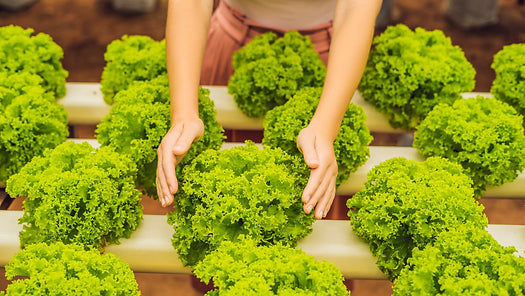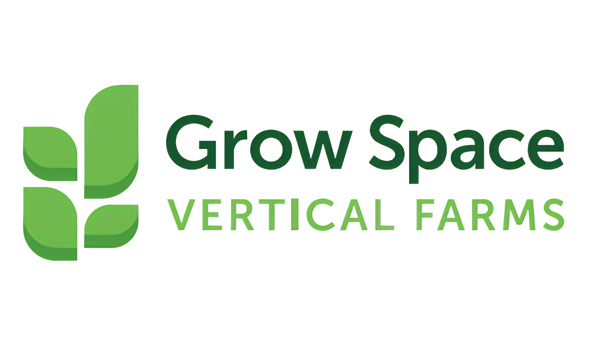
Hydroponic vs Organic Produce
Share
What is the difference between Organic Produce and produce grown Hydroponically? The official definition of organic is for a food to be produced without the need for feed or chemically formulated fertilizers or pesticides. Hydroponics are when produce is grown in a soil less environment and typically are grown in water. What is the difference between produce grown Hydroponically compared to Produce grown Organically?

The most important part of both of these processes for the health of consumers is the lack of pesticides. Hydroponics don't need them simply because many times they are indoors while Organically grown produce is still outside in the soil, but they don't use pesticides.
What are the Affects of Hydroponics and Organic Produce on Your Health one on Your Health?
Hydroponic Produce and Health:
Hydroponic produce has become increasingly popular due to its many benefits, such as year-round availability, high crop yields, and lower water and pesticide use. Hydroponically grown produce is great for you as it doesn't include any pesticides.
Organic food is grown without the use of synthetic pesticides and fertilizers, which reduces your exposure to these harmful chemicals. Additionally, organic food may have higher levels of certain nutrients, such as vitamins and minerals, than conventionally grown food because it is typically fertilized with natural products like manure and decomposing matter. Eating organic food may also reduce your exposure to antibiotics, as organic farming practices prohibit the routine use of antibiotics in livestock.
More research is needed to fully understand the health benefits of organic food and hydroponic food.

Another big part of comparing the two is their affect on the environment.
Affect of Organic Produce on the Environment:
Organic produce doesn't use pesticides which is better for the environment. By not using pesticides or artificial fertilizers it decreases the risk of these chemicals leaking into the environment. Organic farms typically promote diversity in the produce they grow which allows for less strain on the environment.
However, it's important to note that organic farming is not without its environmental challenges. Organic farms require more land to produce the same amount of crops as conventional farms, almost twice as much, which can significantly increase the pressure on natural habitats. Organic farms may also face challenges with managing pests and diseases, particularly in regions with high pest pressure or limited access to natural pest control methods. Despite these challenges, many environmental experts agree that organic farming practices can help promote sustainable and regenerative agriculture, which can support a healthier planet for generations to come. Not only that, the total greenhouse emissions of organics is higher than in conventional farming.
Affect of Hydroponic Farming on the Environment:
In areas where traditional soil-based farming is challenging, indoor farming is many times a valuable solution. Hydroponic systems use less water than traditional farming methods, as water is recirculated and reused rather than being lost to evaporation or runoff. This makes hydroponic farming particularly beneficial in water-scarce areas affected by drought. Hydroponic systems can be located in urban areas or other spaces where traditional farming is not feasible, reducing the need for transportation and distribution of food products over long distances. This reduces greenhouse gas emissions and other environmental impacts associated with transportation.
However, it's important to note that hydroponic systems require careful management to prevent nutrient runoff and other potential environmental impacts. The production of hydroponic systems and associated equipment can also have environmental impacts, particularly if production relies on non-renewable resources or results in significant waste. Despite these challenges, most environmental experts believe that hydroponic farming is significantly better for the environment.
This table will help to compare Organic Produce to Hydroponic Produce in a more simple way. TA refers to traditional agriculture.
